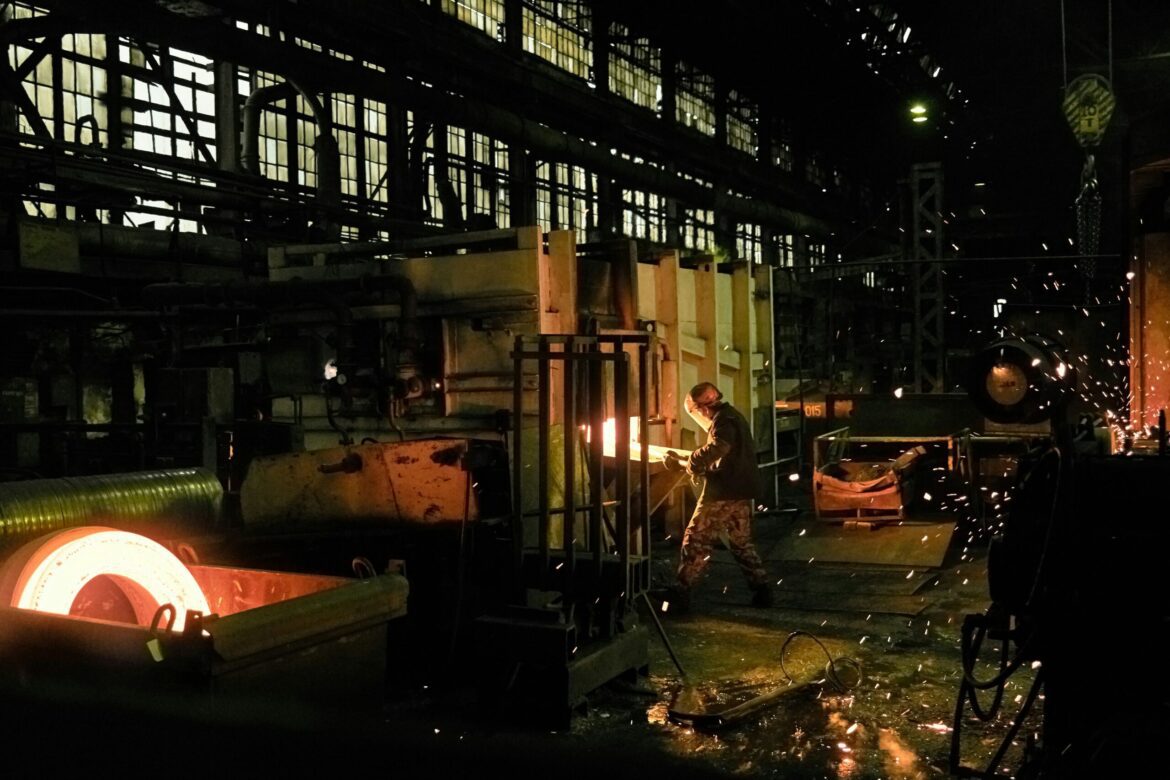The U.S. steel industry is undergoing significant transformation as Japan’s Nippon Steel Corporation announces its intention to acquire U.S. Steel in a deal valued at $15 billion. This major acquisition is a key development amidst growing concerns about the future of the domestic steel industry, particularly as the U.S. government continues to grapple with trade tensions and rising protectionist measures.
The move by Nippon Steel is a strategic one, aimed at expanding its foothold in the global steel market. U.S. Steel, one of the oldest and most iconic steel producers in the United States, has long been a cornerstone of American industrial output. However, with the increasing challenges posed by trade tariffs and competition from foreign producers, U.S. Steel has struggled to maintain its position in the market. The acquisition could help Nippon Steel not only boost its production capacity but also strengthen its position against competitors in both the U.S. and abroad.
The U.S. government, wary of losing control over its vital steel production, has signaled its intent to secure a “golden share” in the newly merged company. This special share would provide the government with strategic oversight, ensuring that key decisions involving domestic steel production remain in line with national interests. The golden share mechanism, though rare in corporate governance, would allow the U.S. to influence or veto certain corporate actions to protect its security and industrial capabilities.
This consolidation comes at a time of heightened trade tensions, with the U.S. administration having recently imposed a 50% tariff on steel and aluminum imports. The tariff, a move designed to protect U.S. producers from what is seen as unfair competition from overseas, has raised alarm among trading partners who may retaliate with their own tariffs or trade restrictions. The global steel market is already experiencing disruptions as countries adjust to these shifting dynamics, and this deal could be seen as a response to the uncertain environment.
Critics of the U.S. tariff policy argue that while it may protect domestic steel producers in the short term, it could also lead to higher prices for consumers and increased friction with key trading partners like China, the European Union, and Canada. In addition, the steel industry itself is facing pressure to modernize and become more competitive in a rapidly changing global market. The combined strength of Nippon Steel and U.S. Steel could help the industry adapt to these challenges, but it also raises questions about the future of competition in the U.S. steel sector.
In conclusion, the proposed acquisition of U.S. Steel by Nippon Steel signals a pivotal moment for the American steel industry. With the backdrop of trade uncertainty and protectionist policies, this deal reflects the broader pressures facing U.S. manufacturers. While the golden share arrangement is an attempt to safeguard domestic interests, the industry’s ability to navigate these complex global challenges will determine its future viability.


